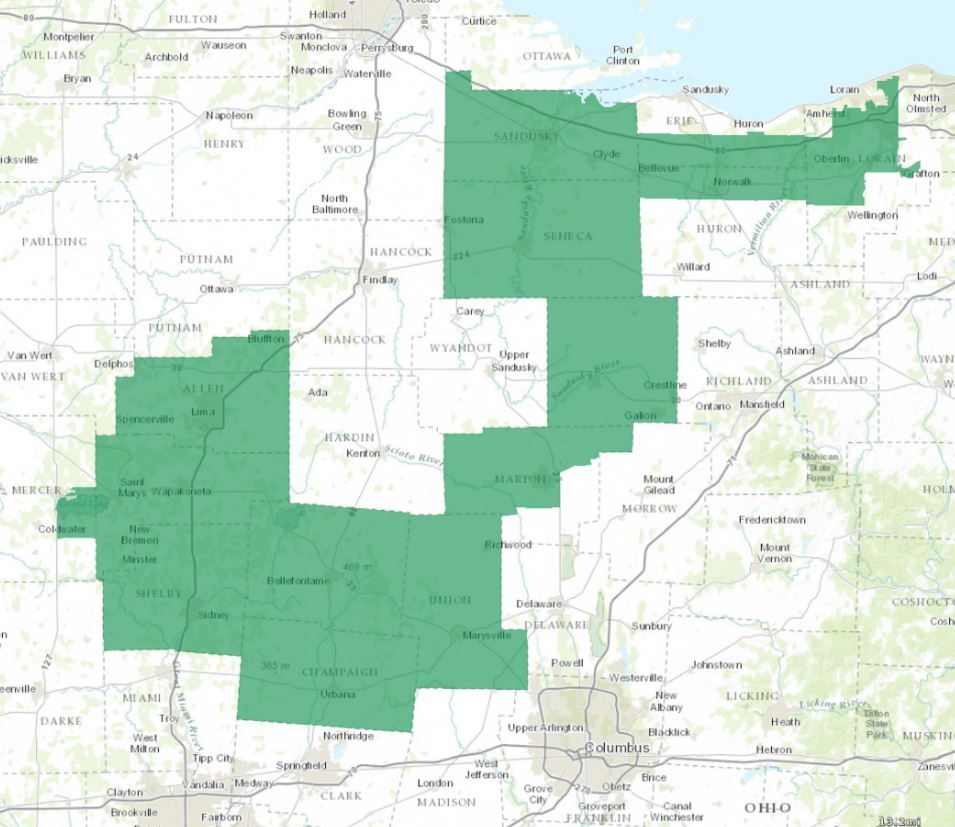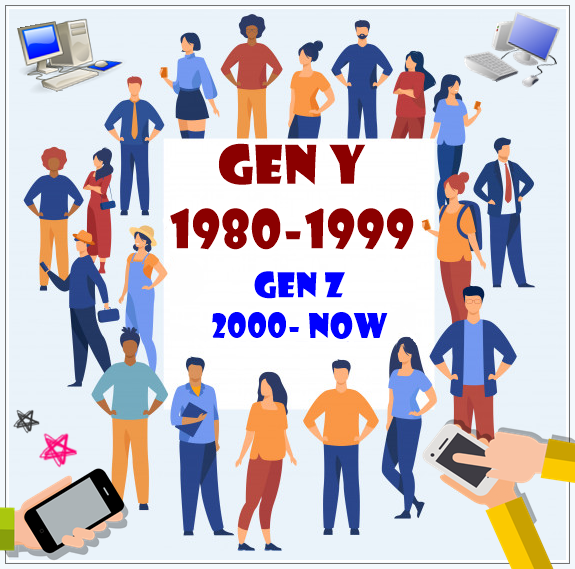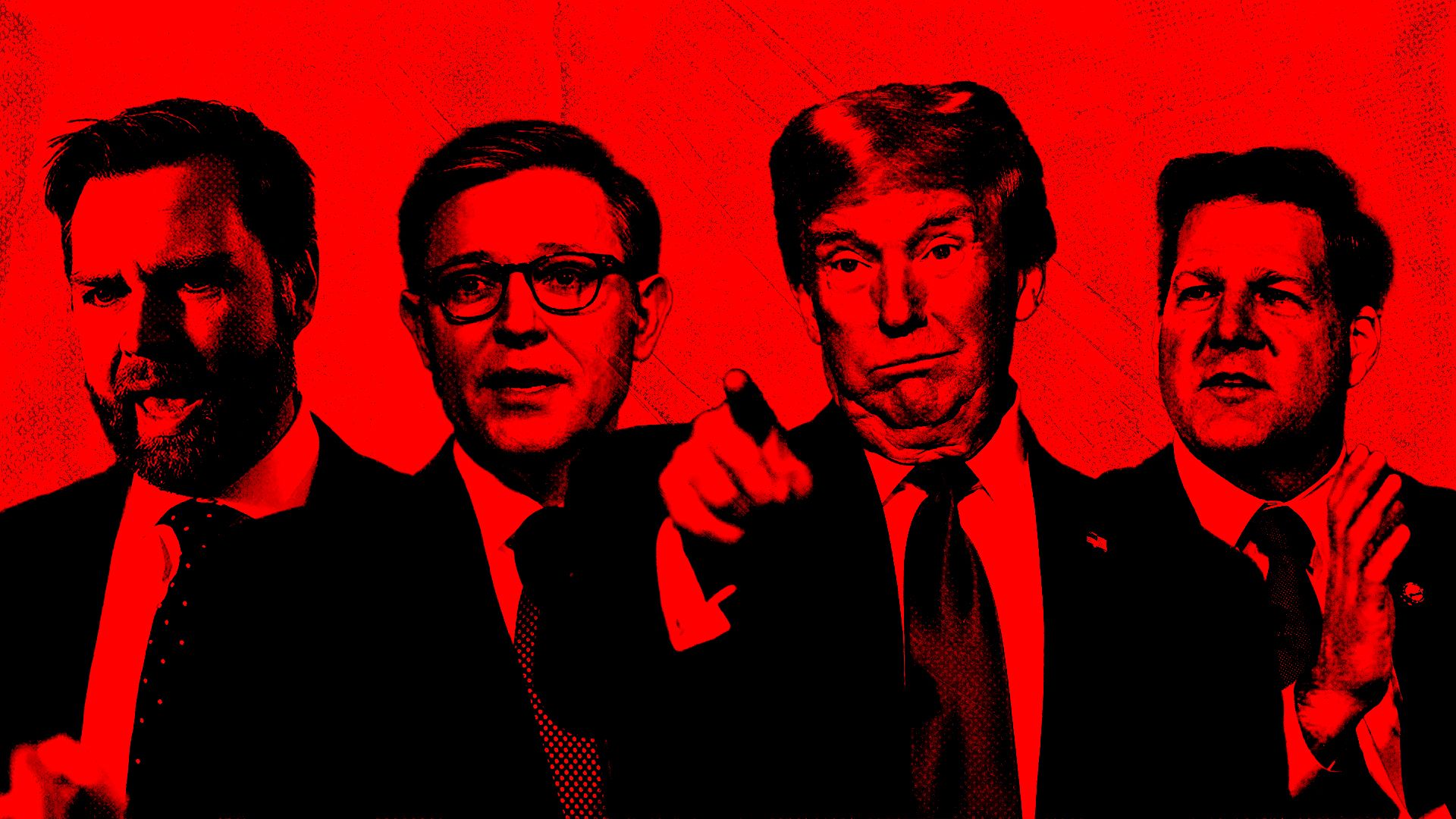*Read all of David's writing and watch his fantastic videos at Pepperspectives!
By David Pepper
The letter came directly from the Attorney General of Ohio:

The letter goes on to warn of a potential violation of federal law—one that could be “perilous.” The letter even lays out “criminal penalties” of “up to a $20,000 fine and five years in prison,” and possible “termination” from an important program.
The letter’s last two words close with a tone right out of The Godfather, or Goodfellas:

Whoa!
Who is receiving this letter, and why is Ohio’s Attorney General warning them that if they make the wrong move, they might go to jail?
The answers to these questions, and what else is in and not in the letter, tell us so much.
So read on….
Believe it or not, the recipients of this ominous letter are, as Yost puts it, “University and College Colleagues.” University and college presidents and other higher ed leaders across Ohio.
Now, what on earth is the issue that could get such important Ohio leaders in so much trouble? Fined. Kicked out of a federal program. Even locked up for five years (students’ entire time at their schools passing by as these leaders watch from behind bars).
What’s the issue sparking all that punishment?
Believe it or not, it’s the simple notion that their students can utilize federal work study opportunities to participate in public work that engages voters in Ohio.
Egads! Students serving as poll workers or registering voters? Lock ‘em up!
Now what incident sparked this chilling letter?
Let’s go back a few months, because this letter is responding to something that happened in late February. When certain people suggested the “perilous” course that Yost is responding to with such alarm.
Who were the lawless rogues involved?
It’s none other than…the Vice President of the United States and the U.S. Secretary of Education.
You see, on February 27, the Vice President announced new initiatives by the federal government to encourage more Americans to take part in American democracy.
You can read the entire announcement HERE, but key elements of the announcement include that agencies such as Health and Human Services, Interior, and Social Security will use their sizable footprints to encourage Americans to register to vote, update their registration if they move, etc., via a website (vote.gov).
The truth is, this is really good news. And smart. If the millions of Americans who enroll in the Affordable Care Act or receive Social Security, or those who enter a national park, are prompted to be sure they’re also registered, that makes for more participation, and a stronger democracy. It’s just like the Bureau of Motor Vehicle, but getting to different people. And it’s exactly the type of thing I recommend in my books for ALL levels of government to do.
A second step the Vice President announced was to protect election workers by creating an Elections Threats Taskforce. Also good.
But it was a third step that apparently got Yost stirred up enough to send his dire letter.
And that third step was this: the Vice President stated that the Administration was working to facilitate young people—students—participating in lifting citizen engagement in our country. “As we know,” she explained, “this is important for a number of reasons. One, to engage our young leaders in this process and activate them in terms of their ability to — to strengthen our communities. But also, this is the work that we need to do knowing that so many poll workers have left this work for a variety of reasons that we will also discuss.”
Specifically, she announced: “under the federal work study program, [we] now allow students to get paid, through federal work study, to register people and to be nonpartisan poll workers.”
Voter registration and nonpartisan poll workers—as essential to today’s democracy as it gets.
Accompanying her announcement came a letter in which the Department of Education outlined the ways in which students can and can not use federal work study opportunities to engage in such work. Public work for certain government offices and institutions that engage in general voter registration and other activity—and which is “not associated with a particular interest or group”—is allowed as part of federal work study, the DOE letter made clear.
Believe it or not, it was that letter and the Vice President’s announcement that sparked the Attorney General’s ire. And the ominous warnings of jail time for Ohio’s college presidents.
But he was not alone.
It’s telling that the right wing echo-chamber exploded into a frenzy over this pro-democracy announcement.
The federal work-study announcement soon turned into high-octane accusations that “Democrats [are] using tax payer dollars to bribe voters." A series of fact checks immediately made clear this accusation was absurdly false.
Next, Republican Attorneys General from numerous states wrote the Department of Education a letter decrying the announcement, charging that it was a violation of federal law and demanding that it be reversed.

Are Yost and these GOP Attorneys General right? Did Vice President Harris and the Department of Education really announce an illegal policy in front of all of America? Did they call for colleges and universities across America to openly break the law, risking time in federal prison?
Without getting too into the weeds, Yost and his buddies base their conclusion on the fact that a regulation guiding federal work-study spending says that such work should not “involve any partisan or non-partisan political activity.” 34 C.F.R. Section 672.22(b)(5). And they claim that even if voter registration or other voter engagement work is not done to help any interest group or party, it’s still considered “political,” and therefore forbidden.
As Yost writes: “using the funds for political activities would violate your school’s Federal Work Study Program participation agreement,” as well as risk the jail time referenced above.
But lumping all these activities together as banned “political activity” is not nearly as clear cut as they suggest.
For example, nowhere does the federal government focus more on what encompasses “political activity” than in enforcing the Hatch Act (regulating what activities federal employees can take part in). There, the relevant regulation and a recent DOJ memo make clear that “political activity” is defined as “activity directed toward the success or failure of a political party, candidate for partisan political office, or partisan political group.” According to the DOJ, even the most restricted federal employees under the Hatch Act are allowed to participate in “nonpartisan voter registration” activity, and assist in “voter registration drives,” which by the definition above, are not considered political activity.
Think about that—that’s the DOJ saying that! For federal workers.
So in his memo, Yost is warning university and college leaders that they may face prosecution and jail time for violating federal law if they allow work study programs to include non-partisan voter registration or other non-partisan voter support activities. But the DOJ itself—the very entity in charge of prosecuting federal laws—makes clear that “political activity” does not include non-partisan voter registration drives.

But I want you to consider two other things as you read Yost’s heavy-handed letter.
The first is that, although you wouldn’t know it from reading it, his office serves as the lawyer for these universities (at least the public ones). They are his client. He represents them.
And that context underscores just how outrageous almost every sentence of this letter really is, along with its menacing tone.
Oh, and patronizing too. At one point he even has the gall to tell these university leaders that student involvement in the types of civic engagement discussed above “are unlikely to be essential to your core mission.”

There’s one other theme introduced by both Yost and his fellow AGs to take note of.
And it’s not subtle.
Both the state AG letter and Yost’s take the time to attack the process of registering voters itself. According to the AGs: “Voter-registration efforts can serve overtly political functions even when they seem facially non- partisan, as turning out the right voters is often a matter of knowing where to boost “broad-based” turnout.” Young voters (18-29) that might register as part of work-study efforts, they charge, “favored President Biden by a 24-point margin in 2020.”
They even attack efforts to register voters in other ways. For example, “the administration is automatically sending voter-registration information to everyone who registers for Obamacare health-insurance—another example of pulling votes from a politically aligned voter cohort with public dollars. It has likewise promoted voter registration at tax-counseling sites for the elderly.”
Seniors and recipients of healthcare?! How dare they participate in our democracy?!
Yost’s letter echoes this attack on voter registration: “subtly targeted voter registration can be a powerful tool for political campaigns, at least when taxpayers foot the bill.”
They actually express more ire for voter registration than any other aspect of the DOE’s work-study letter.
Perhaps someone needs to remind them, as I wrote late last year, that the single most important aspect of the Voting Rights Act, out of the gate at least, was that the federal government enlisted an army of registrars throughout the South to register long disenfranchised voters. And in a matter of a few years, before almost any lawsuits were filed, the scourge of Jim Crow was upended because of that robust registration effort by government itself.
That wasn’t political activity.
That was the best of democracy, and civic engagement, emerging from perhaps the most important piece of legislation in the history of our country. And it focused on those that had been intentionally disenfranchised by state governments and private actors. That was justice!
But now, AGs who should know that history want to attack registration efforts as suspicious and partisan. Just as state legislatures around the country are passing laws to make registration more difficult in all sorts of ways.
And historians will tell you that all these attacks on registration also echo the past—because that’s what Jim Crow Southern governments and groups like the KKK did against registration work for generations. They made it dangerous—even deadly. Which is why those federal registrars were needed in the first place.

So there’s a final irony in the accusation about registration being used to target certain voters.
More than irony—I’d call it projection.
For example, the AGs parse certain registration efforts to argue that those efforts engaged more potential Biden voters than Trump voters. And they seem to know exactly which voters those are — young voters, urban voters, and the like.
But of course, these are the same Attorneys General that rush to court in all their states to defend the voter suppression efforts from their state legislatures and Secretaries of State that disproportionately suppress the very voters they are now alleging are being disproportionately re-included in our democracy through legitimate registration efforts.
For example, we know that state-level strict voter ID laws, as in Ohio, have had a disproportionate impact on young voters, and voters of color, and senior voters.
We know that purging voters from the rolls in Ohio has borne a dramatically disproportionate impact on voters of color, and voters of lower income. Huge swaths of urban Ohio simply wiped off the rolls.
More broadly, the Brennan Center recently released a report showing that, as predicted, the non-stop passage of voter suppression bills since Shelby County has “cost[] American democracy millions of ballots that go uncast by eligible voters.” Even more, the study shows that there is a dramatic and disproportionate impact of these laws on voters of color which has led to a "racial turnout gap” in the states where all these laws have passed.
Again, states’ Attorneys General are the consiglieres in this work: in states, the same Attorneys General now whining that non-partisan registration efforts might disproportionately engage certain voters are the ones who’ve aggressively defended more than a decade of suppression laws that the data show targeted and disproportionately suppressed those same exact voters!
In those cases, they argued (mostly successfully), those disproportionate impacts on these parts of our population should be ignored for their greater good of combating mythical voter fraud.
In overreacting to this work study idea and the potential registration of young voters or voters who receive ACA benefits, they’re showing their political hand—they’re deathly afraid of efforts to re-engage the very voters who have been suppressed by non-stop voter suppression efforts. The efforts that they have been a key and active part of effectuating.
To put it differently—they defended one client (statehouse politicians) who were eagerly suppressing these voters, but they warn another client (colleges and universities) not to take any steps (even non-partisan ones) to register voters.
And that opposite treatment of those two sets of clients tells us everything about what this is really about.
So, bigger picture, what is the project that Yost’s letter is serving?
Having framed (in court and in the public) government-orchestrated voter suppression efforts that disproportionately impact certain voters as legitimate government acts; they are at the same time casting any effort that might lift those impacted voters back into democracy as somehow illegitimate. As inappropriately political. Out of bounds.
They want it both ways, with certain voters (their own constituents) always on the losing end of their argument.
This is much bigger than just college and universities.
Wherever we live, wherever we work, wherever we volunteer or give money—almost every institution we have ties to can play a meaningful role in engaging Americans to take part in their democracy.
Done properly, that is NOT partisan work. And it is essential work to lift democracy. In some cases, it will re-enlist the very people being purged from the rolls by the likes of Frank LaRose and suppressed by gerrymandered state legislatures.
So ignore the threats and the attempt to run this work down.
Engage your constituents, and your customers, and your members. Enlist them in democracy. And if you have questions on how to do so properly, check with a true lawyer to see what is appropriate in your state.
Then get to work doing the civic engagement that is so badly needed.
And if they’re trying to stop you, know that is is because you are actually doing the right thing—one of the most effective things you can do to lift democracy—and they’re scared to death you might succeed!








